If we would take a moment to write down the most beautiful, powerful and outlandish vehicles ever made, that list would probably be considerably long. You might even guess some of the names on that list: Porsche, Ferrari, Lamborghini, Aston Martin, and so on.
But aside from those giants and familiar players on the car market, there are always a few hidden gems worth mentioning as well, or some car brands no one has ever heard of. For instance: how many Mexican car brands can you name? Although most people aren’t aware of it, Mexico plays a significant role in the global automotive industry and in this article we’ll try to help you learn more about it.
Car manufacturing is a pretty big business in Mexico, mainly due to the country’s strategic proximity to the United States and Canada. You might be surprised to find out that Mexico is actually the sixth-largest automobile manufacturer in the world – if you put native and other car brands together – and that’s quite impressive.
The Automotive Industry in Mexico
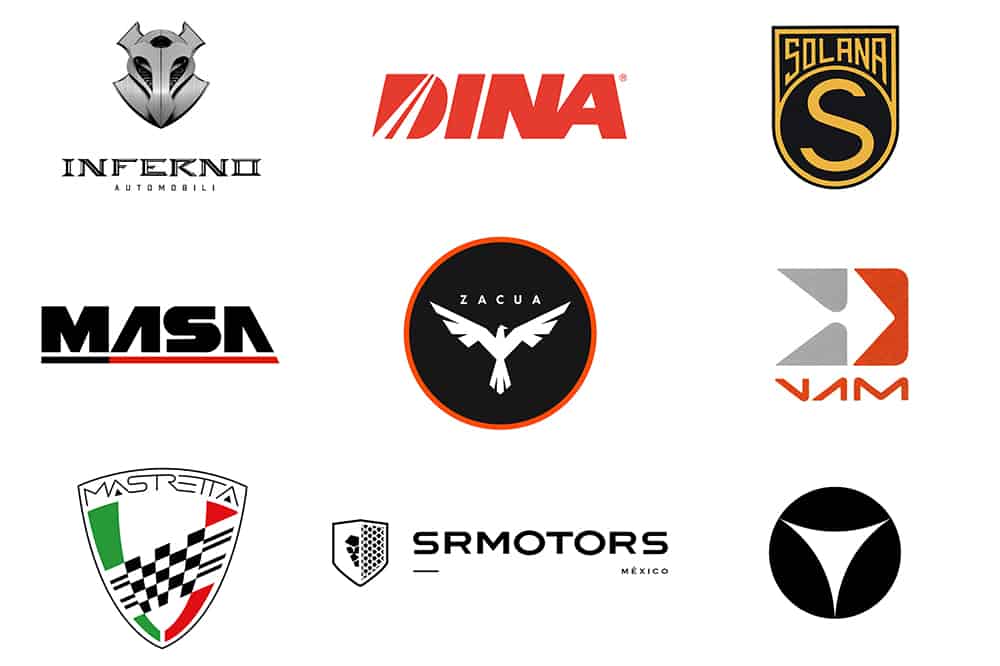
Over 40 car manufacturers have decided to operate in Mexico, resulting in more than 400 different vehicles being rolled out from the country, which makes Mexico one of the most diversified car markets worldwide too.
Did you know that 17.6% of the manufacturing industry in Mexico is all about making cars? If that doesn’t sound like much, please consider the fact that Mexico is the 2nd largest car manufacturer in the Western Hemisphere.
Let’s not forget: you can’t assemble vehicles without the proper components. Major companies assemble them on their dedicated production lines and Mexico has plenty of auto parts suppliers working intensely to deliver anything, from bolts to delicate electronics.
That’s why the automotive industry in Mexico is constantly growing at a rapid pace, due to high increasing demand. As a result, Mexico’s economy has been boosted to a level where this sector’s revenues have even exceeded tourism by far.
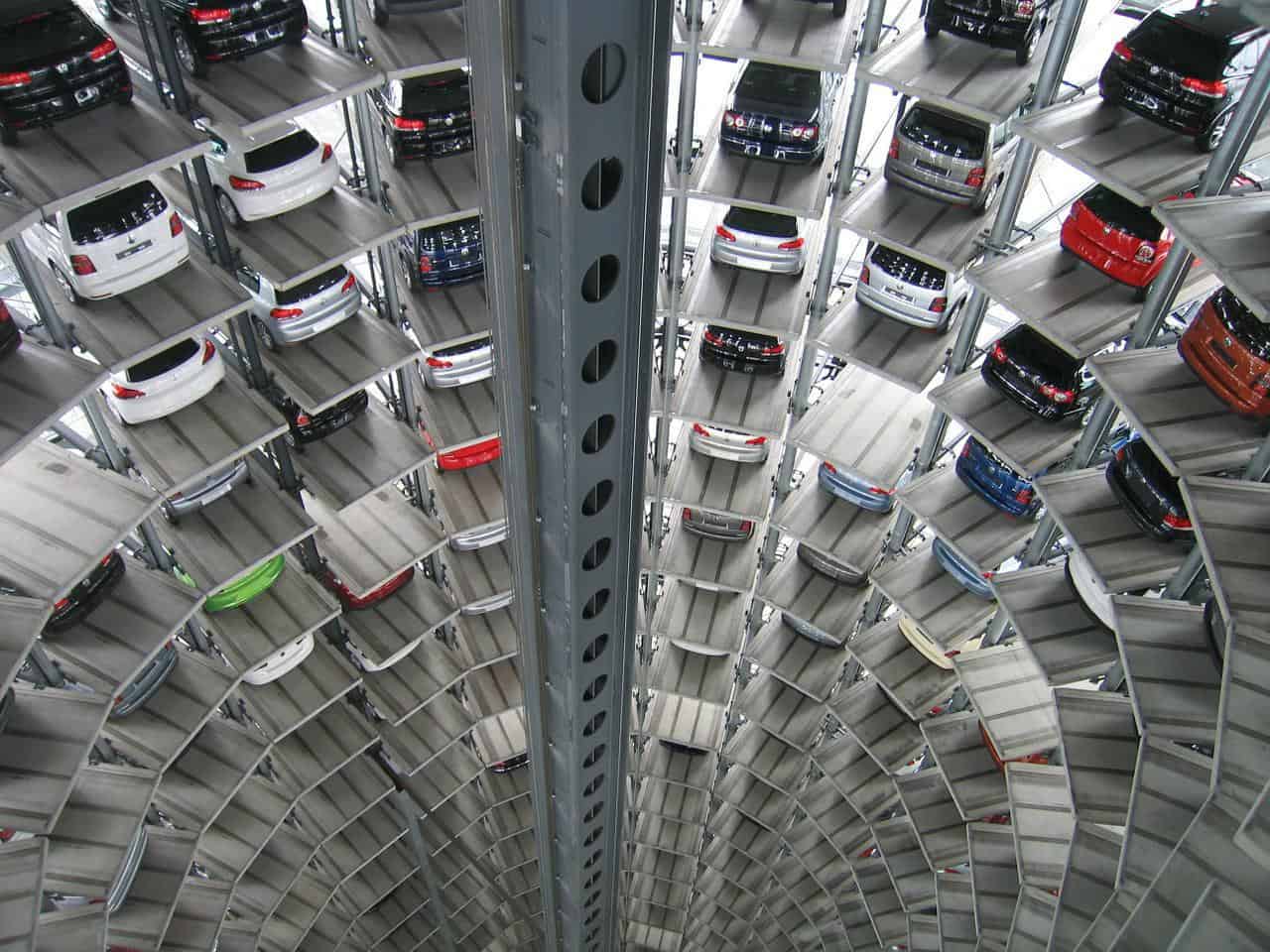
There are several other reasons for the continuing boom in auto manufacturing in Mexico.
- Shortened Supply Chains – many companies have looked for this before, that’s why there are well-established supply chains for materials and parts in the country, as well as optimized transportation options.
- Qualified Labor Force – a long history in manufacturing means that Mexico’s labor force is well-trained. As such, car manufacturers in Mexico have no difficulty finding qualified, skilled labor.
- Affordable Costs – companies see lower vehicle production costs, not to mention cheaper labor.
It’s pretty clear why Mexico is among the most popular car or automotive components manufacturers worldwide. But what about the native car brands or vehicles from this country? Are there any local car brands that are popular here? How much do they cost?
Popularity
When it comes to popularity, there seem to be some names on top of the list, such as Inferno Automobili, Zacua, and Mastretta, simply because they are known for designing outrageous and very sporty cars.
Cost
The price tags of Mexican cars varies, just like any other car’s – it all depends on the specifications, performance or level of customization: an exotic car from Inferno could set you back well over $1 million, if you’re willing to spend that much on a Mexican supercar.
American Cars made in Mexico
Truth be told, there are plenty of American car manufacturers that choose to produce their vehicles in Mexico, such as Ford and General Motors, as well as a few European brands as well. Why?
The labor costs are significantly lower compared to the US or European countries, and Mexico is a country perfectly positioned for the American markets.
Location, Location, Location
Speaking of location, Mexican and foreign car brands in the country have pinpointed Monterey, San Luis Potosí and Guanajuato City – these seem to be the most popular spots for car manufacturing.
Biggest Automakers in Mexico
As we dare you to guess the biggest automotive players in Mexico, we are going to go ahead and mention them:
Toyota
Based in Japan, the parent company for Lexus and Subaru has invested quite a lot of time and effort in its Mexico manufacturing operations. As a result, the company has plants in two major manufacturing areas – Tijuana and Guanajuato – where the Tacoma truck and Yaris iA cars are manufactured.
Volkswagen
The German automotive conglomerate includes various luxury car brands, such as Porsche, Bentley or Bugatti. The Group’s manufacturing operations throughout the world will leave you breathless, and its Mexico operations are pretty big as well. Volkswagen de México S.A. de C.V. has factories in Puebla and San José, where the Jetta, Golf and Tiguan models are being assembled.
Chevrolet / GM
Chevy employs thousands of people in Mexico, where the brand manufactures several of its popular vehicles, such as the Silverado Crew Cab truck, the Cruze hatchback, as well as Equinox and Tracks SUVs.
Kia
Surprisingly, the South Korean brand is also present in Mexico. The leader in mass-market automobile manufacture, this company has quite the order sheets. As such, their expansion to Mexico seemed like the next logical move. Kia vehicles produced in Mexico include the Rio, Forte and more, with exports directed towards Latin America and Africa.
The Local Mexican Car Brands
Enough with the big players on the automotive market, for now. Let’s focus on local car brands and why they are worth mentioning. Which name should we mention first?
Inferno Automobili
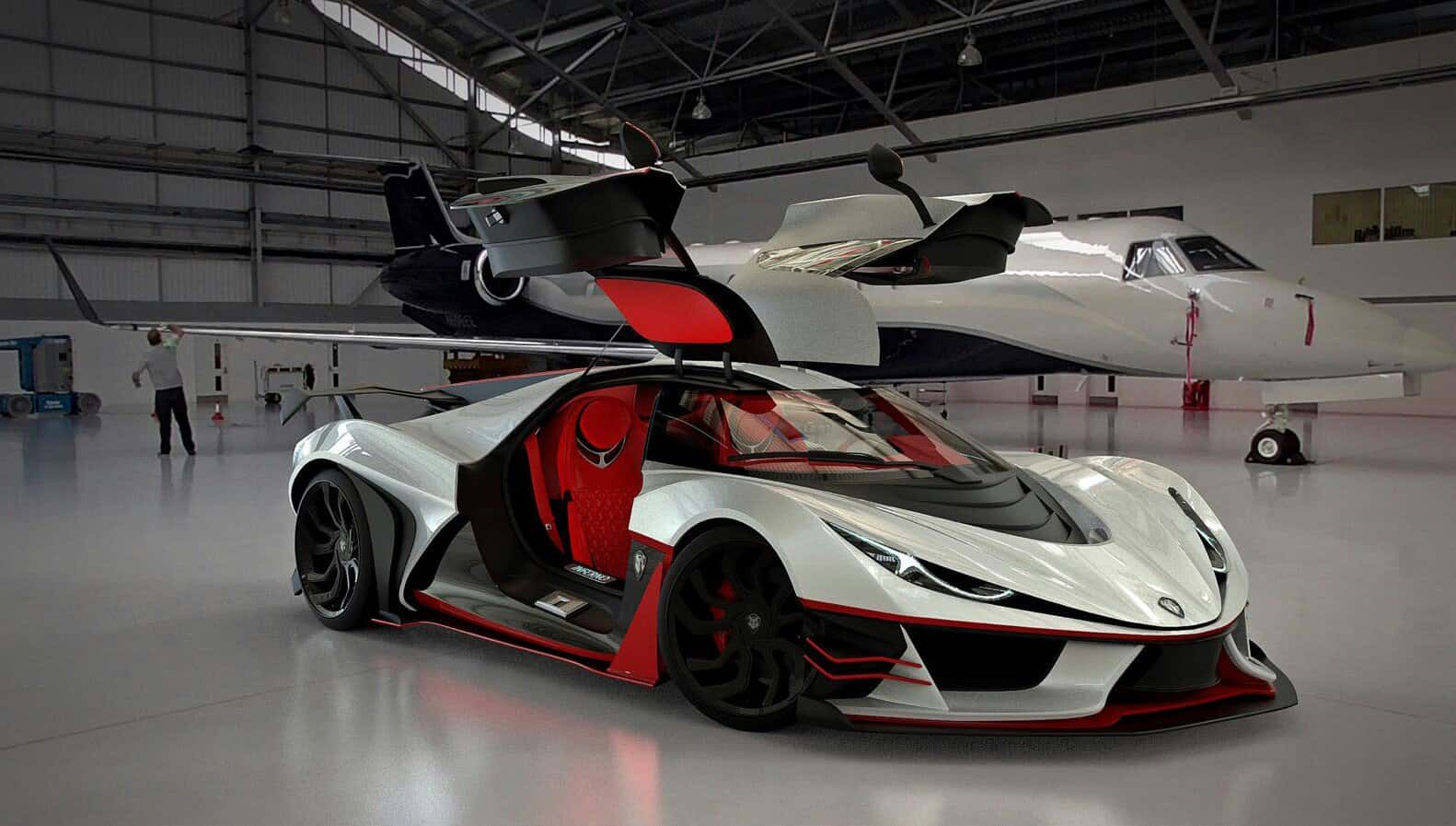
Don’t let the seemingly Italian-inspired name fool you, this is a Mexican supercar brand. Sure, Italian automotive designer Antonio Ferraiola has been behind their exotic car, following more than two decades of experience in dealing with Lamborghini components. But, that’s beside the point.
Inferno Automobili became famous for its Inferno Exotic supercar. Showing off a radical design and plenty of power, this is the project that put the company’s name on the world radar. With 1,400 horsepower and 670 lb-ft of torque under the hood, this jaw dropping hypercar means business. How does 249 mph sound?
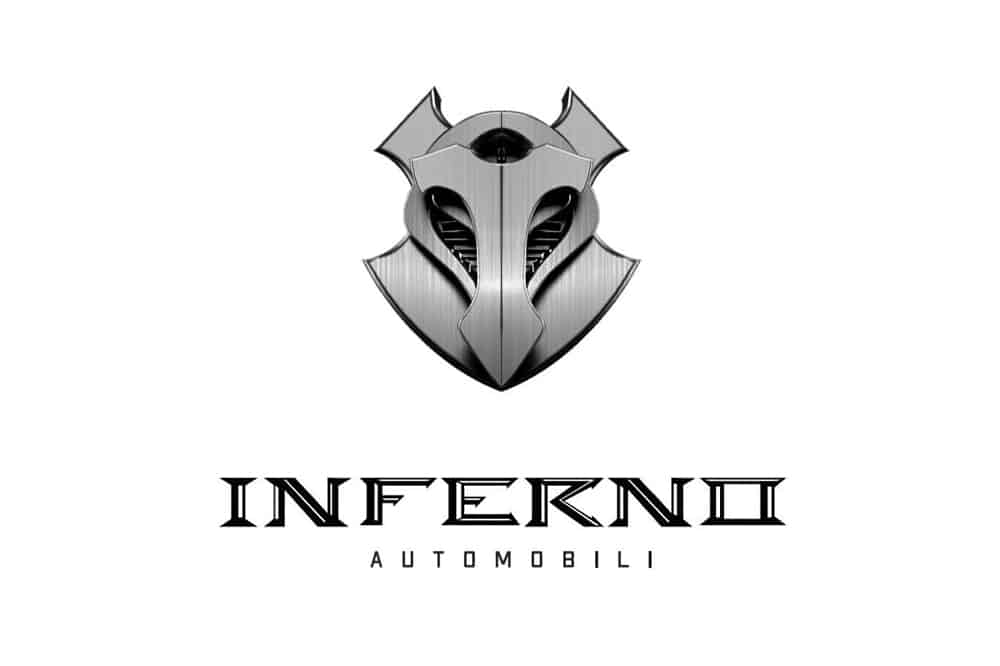
Only ten units of the Inferno would be completed each year, so it’s safe to assume these vehicles are somewhat desirable. What adds to the originality of these supercars is the fact that the manufacturer decided upon encompassing metal foam into the design, improving the car’s safety without ruining its sleek body lines or adding too much weight.
Zacua
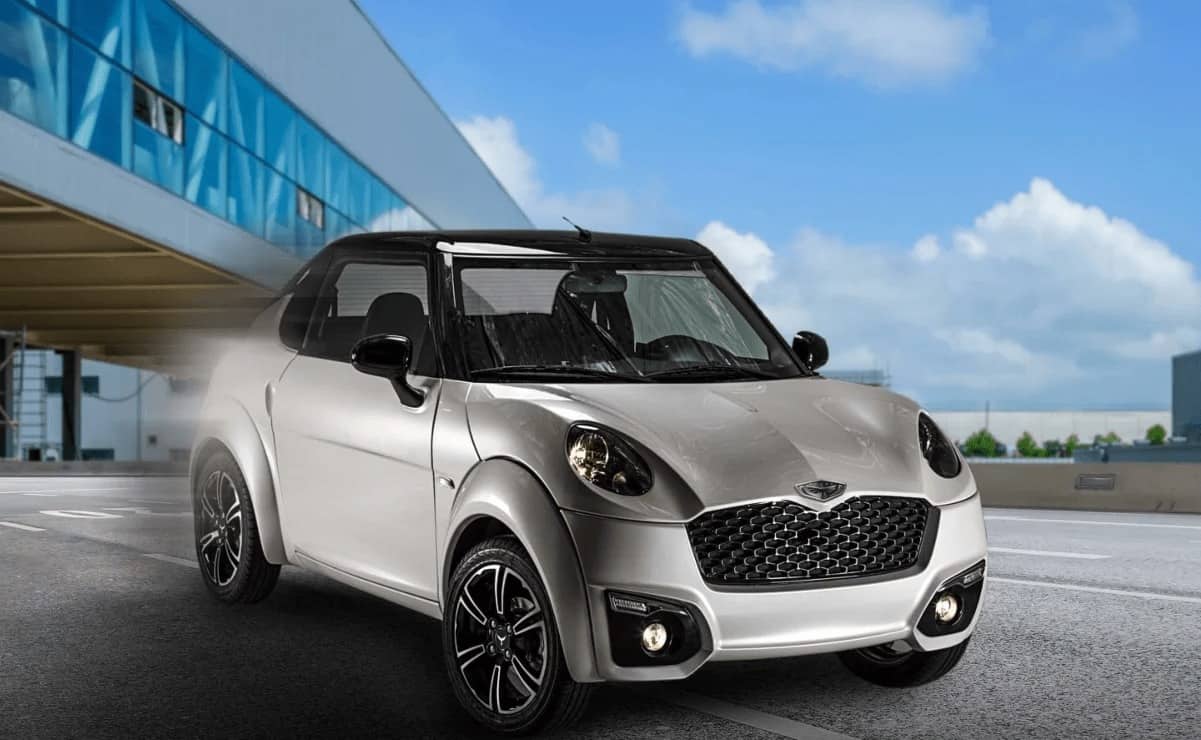
Working their magic out of Polanco, Mexico City, the employees from Zacua have pioneered the progression towards electric vehicles. This company might just be the very first Mexican electric car brand, rushing towards energy-efficient vehicles and close to zero emissions.
Motores Limpios S.A de C.V. is the official name of the company that envisioned Zacua name almost five years ago. By 2018, the first manufacturing plant had welcomed employees in Puebla.
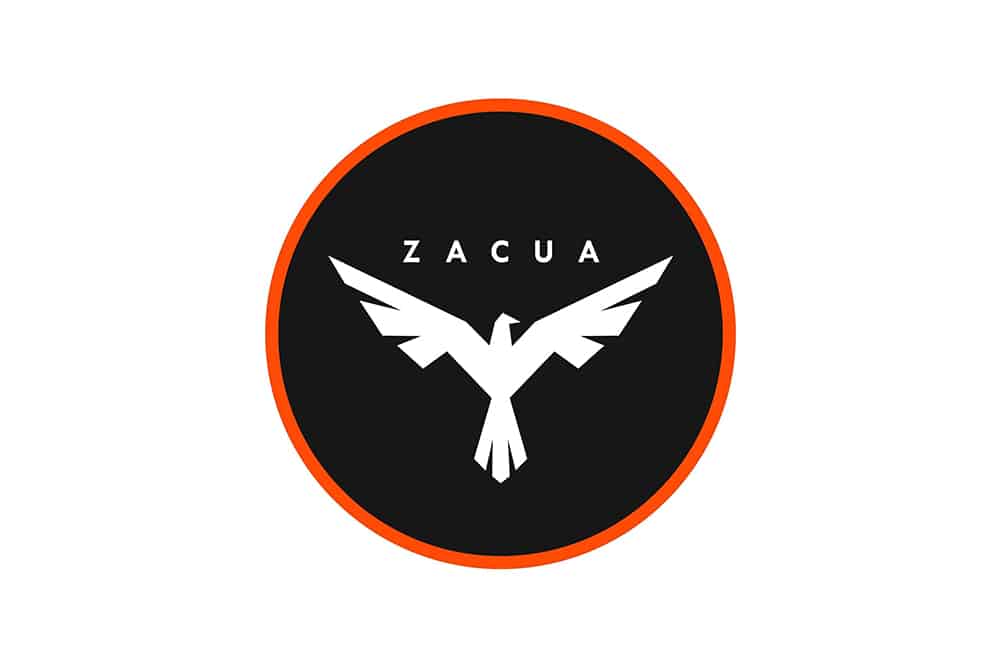
In the meantime, Zacua has managed to design and develop two models – the MX2 and MX2 – big enough to accommodate two passengers and tiny enough that most people might ignore them. With a top speed of 53 mph, these vehicles are far from being fast, but they’re very efficient.
If environmental issues keep you awake at night, you should be aware that Zacua promises a range of up to 100 miles, with the charging process said to last around eight hours. The question is: are you willing to spend $30,000 for one of these electric vehicles?
Mastretta
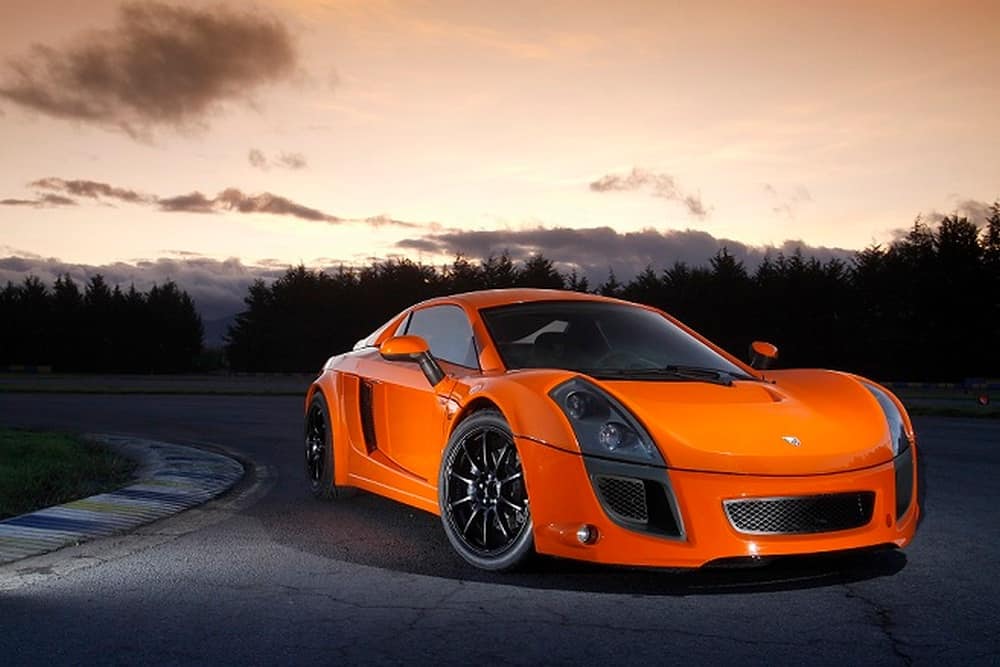
Daniel Mastretta founded his own car company back in 1987 and in time Mastretta was even dubbed the “Ferrari of Mexico”. Based in the capital, Mexico City, this is a versatile carmaker that designed more than one type of vehicle across time.
Initially, the company focused its efforts on developing microbuses. A few years later, the brand’s logo was sitting atop in-house developed kit-cars of which we have to mention the Unediseño-Mastretta MXA. Mastretta also built vehicles around Volkswagen cars, which were pretty successful and very reliable.
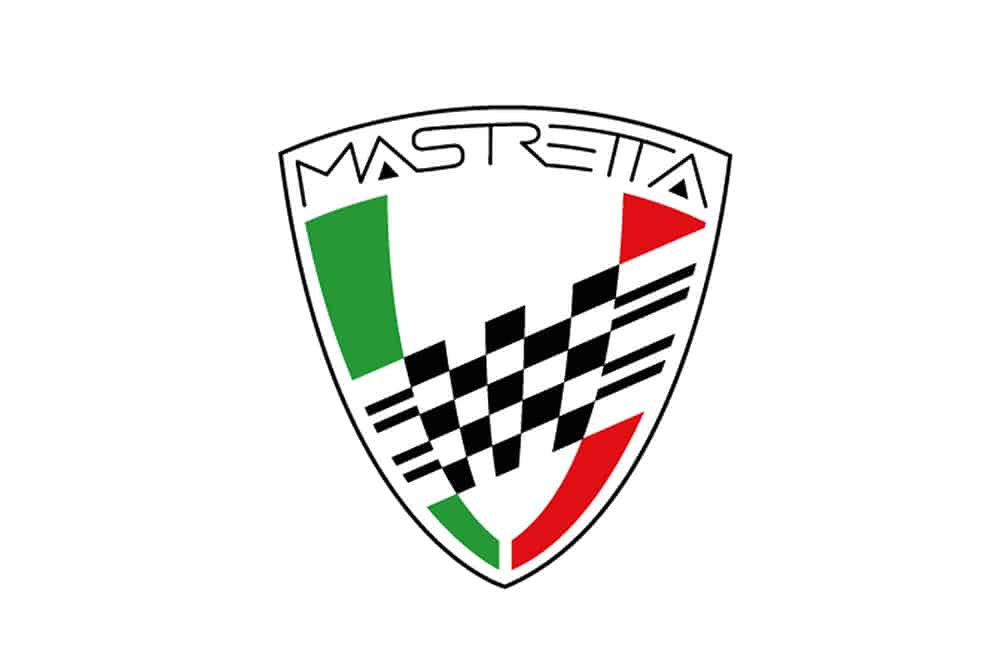
But their biggest hit might have been the super cool Mastretta MXT two-door coupe, produced between 2011 and 2014. The car featured a 2.0-liter turbocharged GDI I4 engine mated to a five-speed manual transmission. Only 200 units were ever produced and delivered, with each one costing $60,000 – they were extremely sought after, as you can imagine.
Aside from the MXT, Mastretta adorned its badge on other vehicles, including the Ejecutto, Ciazareta and Fritura models.
National Diesel DINA
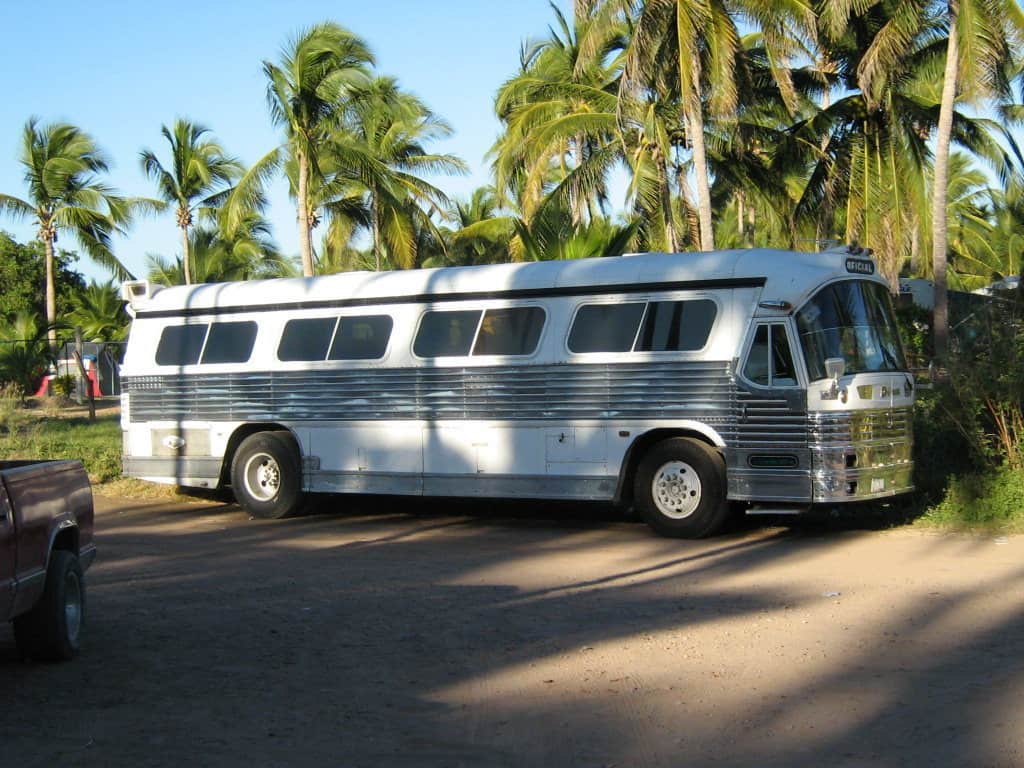
Let’s just ignore the unusual name for now, and speak the truth: National Diesel or simply DINA manufactures excellent buses and trucks. Founded in 1951 by the Mexican government and currently owned by Grupo Empresarial G, DINA is focused on the urban environment. As such, the brand develops coach buses for long-distance travels – domestic or international.
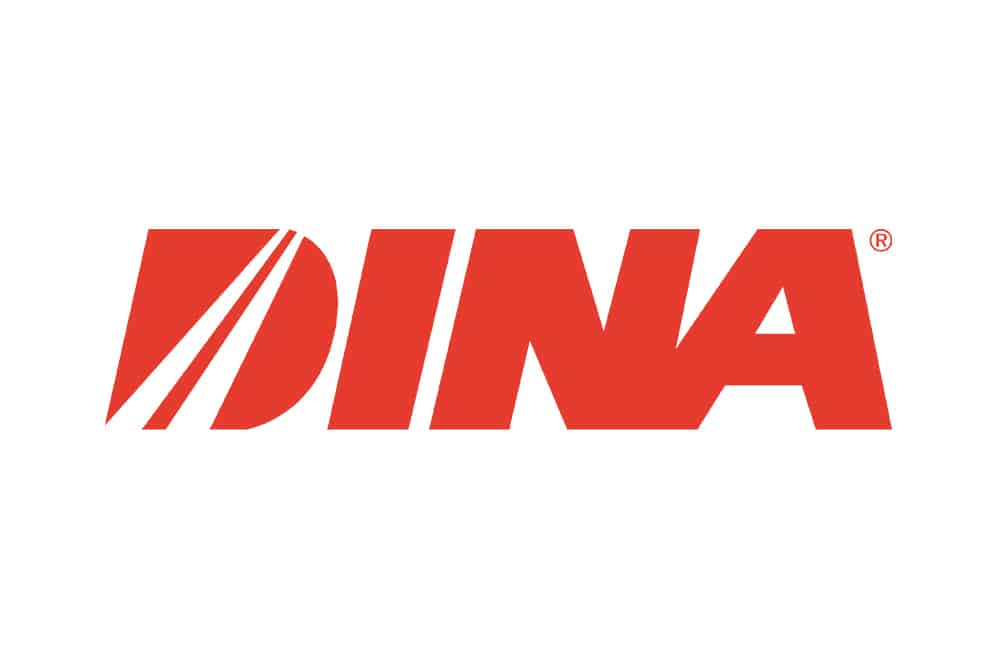
To make sure such endeavors will meet success, DINA has joined forces with the likes of Chrysler and Caterpillar. With these strategic partnerships, the company constantly innovates and improves upon its technologies, which results in fuel-efficient and “green” buses.
If you enjoy their buses that much, DINA will gladly sell you collectible toy replicas of the Runner and Linner series.
Solana

Those of you who enjoy a more retro-inspired vehicle, should be paying attention. Founded in 1936, Solana is focused in delivering vintage racing cars, packing modern-day components and technologies.
Easily considered a niche company, Solana is not keeping count of how many cars it delivers every single year. Proof of that stands the fact that the company has manufactured 43 cars between 1936 and 2003 – how’s that for a niche shop? We don’t know how many more cars they’ve produced ever since, but they surely made a few dozens more.
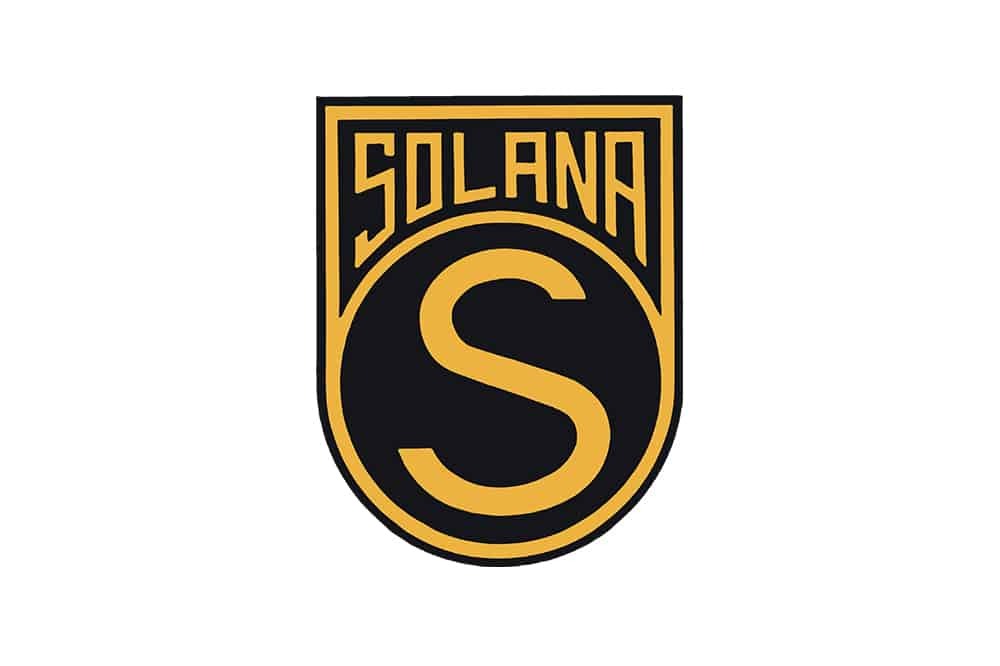
Solana doesn’t have a significant presence on the internet, which might do them financial harm – hopefully, they will be considering that aspect soon enough. Meanwhile, their Deportivo Series II vehicle packs a powerful Datsun engine while sitting on a tubular space frame – not to be ignored.
Mexicana de Autobuses (MASA)
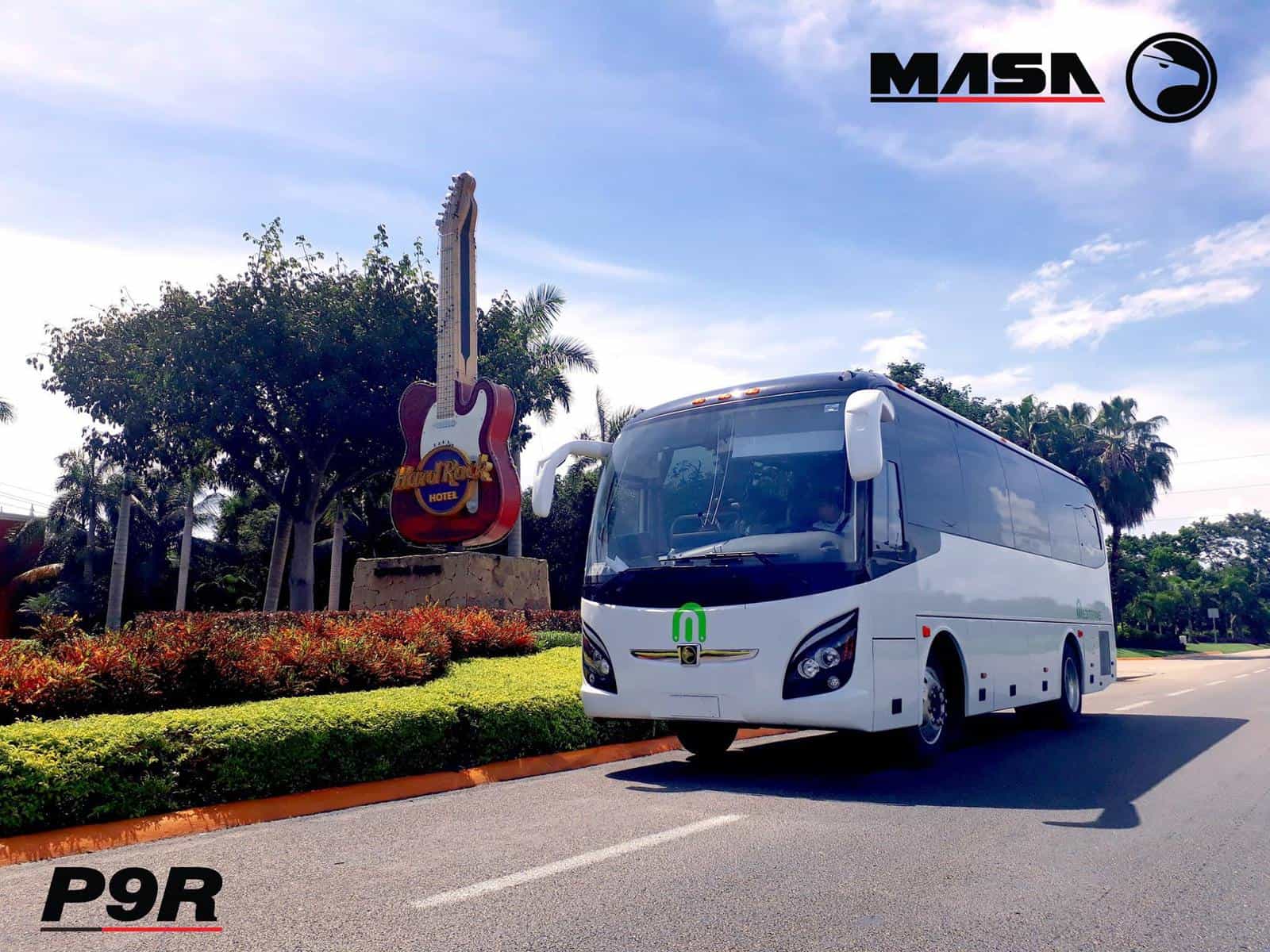
MASA, a company that has long ceased its operations, used to manufacture buses and motorcoaches. Founded by the government in 1959, the company was based in Tultitlán de Mariano Escobedo.
Surpassed only by DINA, MASA received quite a lot of attention and it was a big part of the Mexican automotive industry a few decades ago.
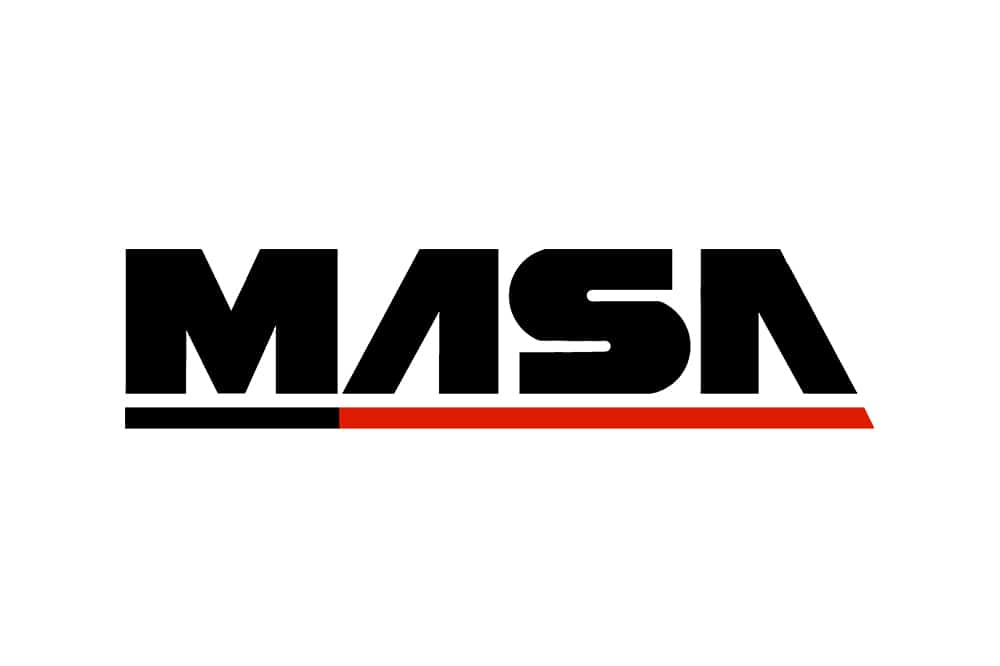
With efforts centered around motor coaches, buses, and trolleybuses, most of the country’s major cities had the brand’s vehicles driving around town. Models such as the U18, Kiepe or STE trolleybus were extremely popular back then.
By late 1980s, financial problems started to put a dent in the company’s profit margins, debt obligations could not be fulfilled, which is why an industrial group purchased MASA by 1988. The company seems to be alive once again with the launch of new smart buses.
Vehículos Automotores Mexicanos
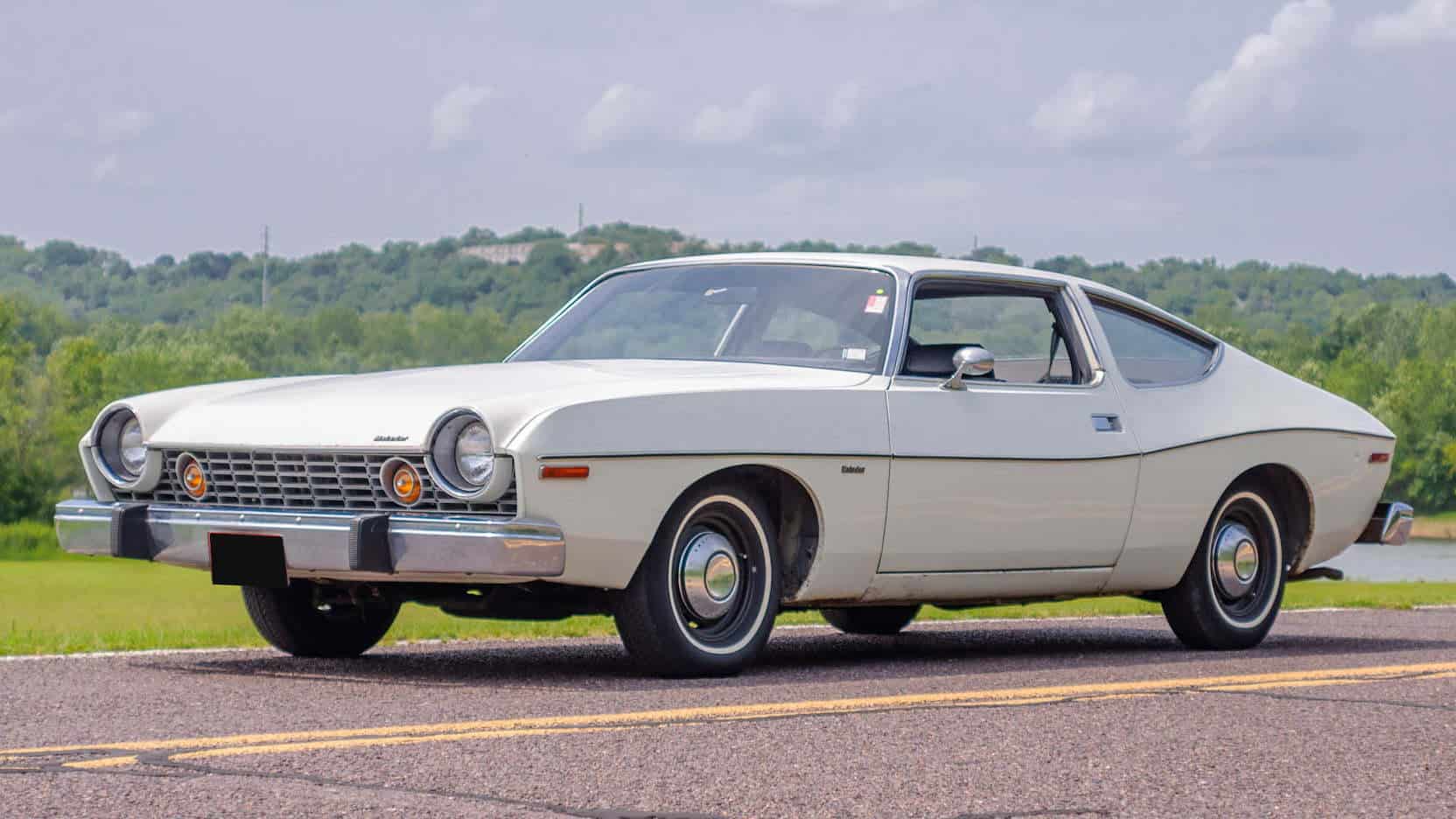
Yet another defunct Mexican automotive brand, formerly known as Willys Mexicana, VAM was also based in Mexico City. Its aim was to manufacture vehicles for Latin America, while featuring other badges – meaning that Vehículos Automotores Mexicanos was developing cars for the likes of Jeep, Renault, or even Chrysler.
However, the company also got around to designing their own vehicles, such as the AMC Matador Coupe and VAM Classic flagships – the VAM Gremlin is also noteworthy, and is still being remembered.
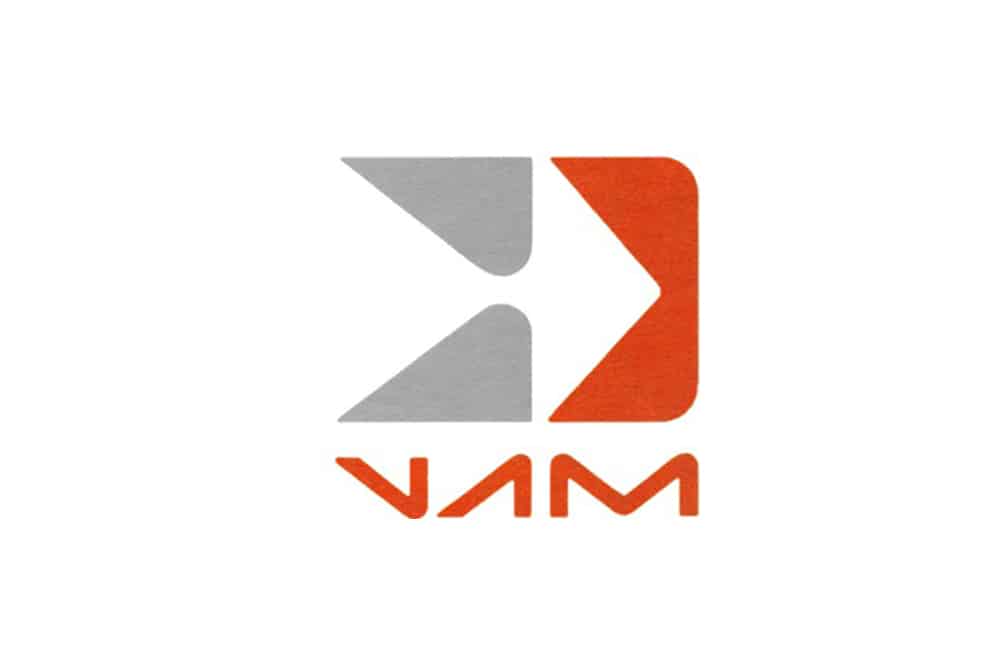
During the 1980s, Mexico experienced a debt-default crisis and that was the main reason behind VAM’s demise. Ultimately, the Mexican government decided to sell the company to the French automotive giant that is Renault – although, the government still owns the VAM trademark.
What’s even more interesting is that classic car dealerships will sell you pristine AMC and VAM cars at very affordable prices.
Ron Automóviles
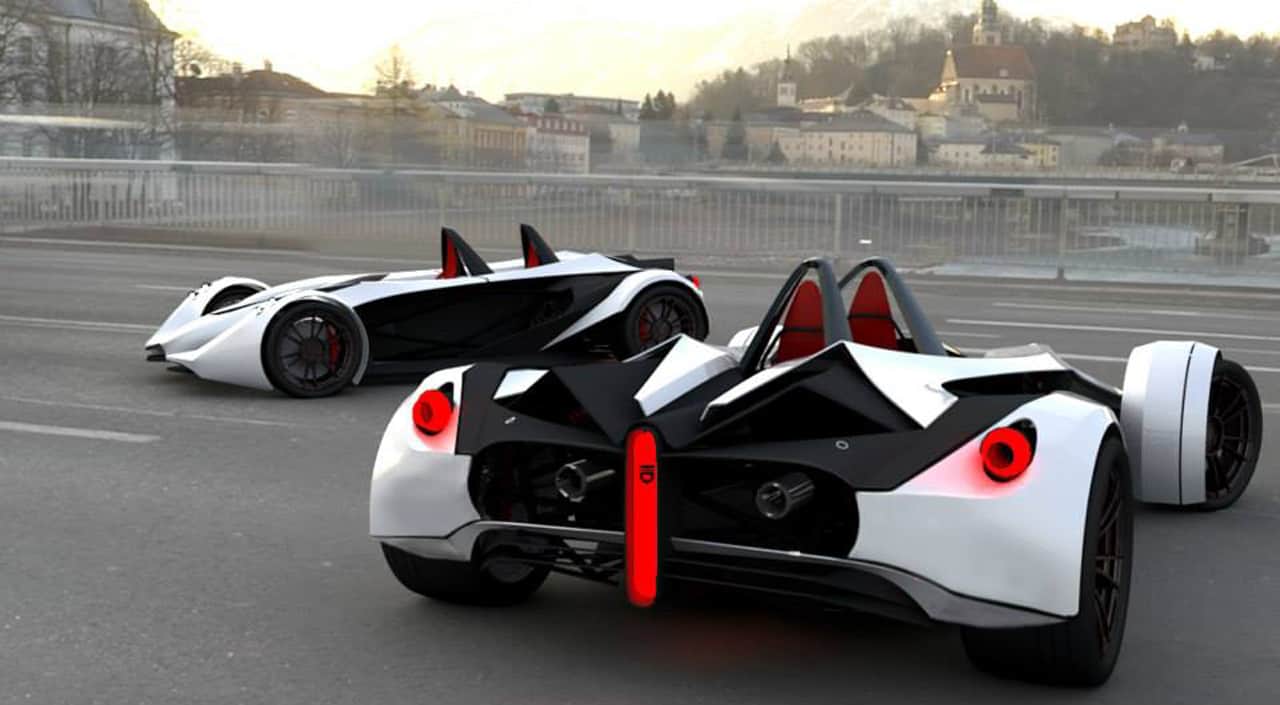
A new name and a new player on Mexico’s automotive market, Ron Automóviles started their business in Guadalajara. Currently working on two gorgeous projects – the R07 and RXX cars – there seems to be a lot of potential with this company.
Their R07 was designed to be a streetcar, built around a lightweight frame while featuring a suspension system including 19 adjustment points. The RXX prototype, on the other hand, was built around a carbon fiber chassis and features two electric motors.

Ron Automóviles aims to attract attention way beyond Mexico borders while going for the trending, but very competitive electric car market.
Furthermore, the new and modern brand will allow car enthusiasts to pre-order their very limited series. With only ten units of the R07 to be produced, owning one of these vehicles will be a rare treat. Let’s just hope they will not disappoint.
SR Motors
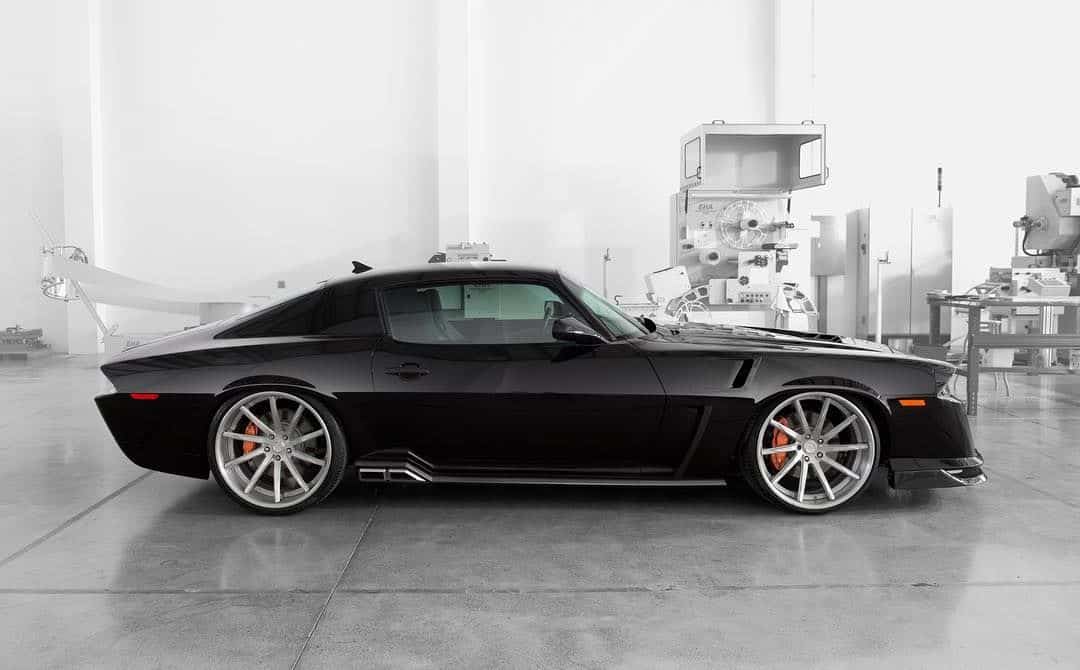
S.R. Motors is also a relatively new presence on the Mexican market. This car brand was created with the purpose of designing, developing and delivering hand-built vehicles, blending state of the art engineering with impressive artistic elements.
Displaying an overall “retro-future” vibe, these vehicles should easily get people excited thanks to an incredible mix between old-school vibes and modern tech.
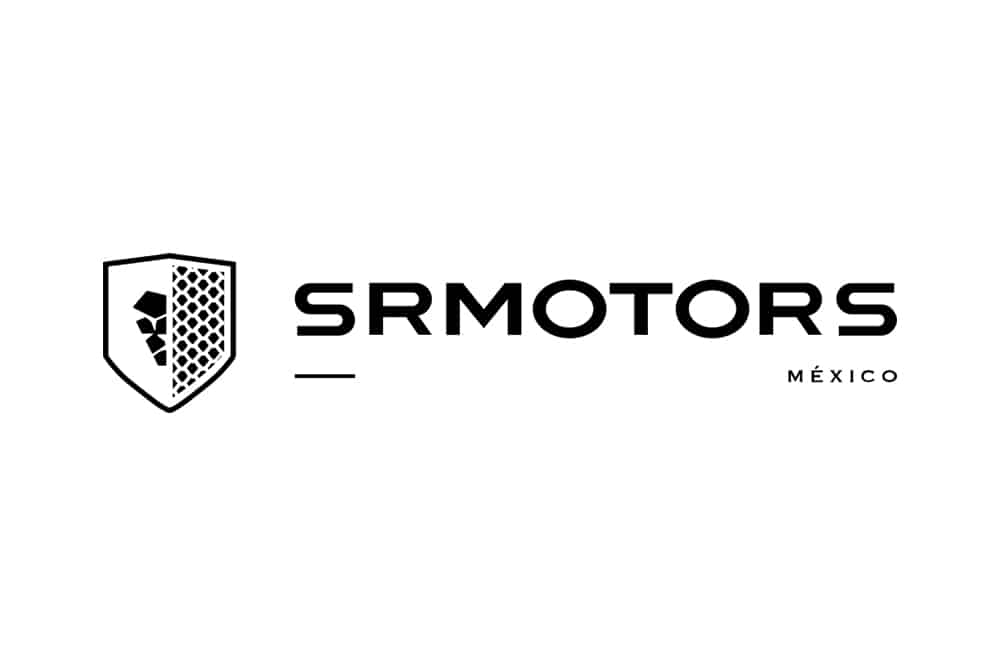
Staying true to their original ideas and concept, S.R. Motors doesn’t outsource any of its design processes. The dedicated and talented in-house team is in charge of creating prototypes, from the first sketch to the final product.
The brand’s Spartan vehicle has gained quite a lot of attention from the media and car enthusiasts alike. The Monterrey-based manufacturer has also designed the OPHIDIA and HYDRA projects, with more interesting concepts on the way as we speak.
Elfi Motors
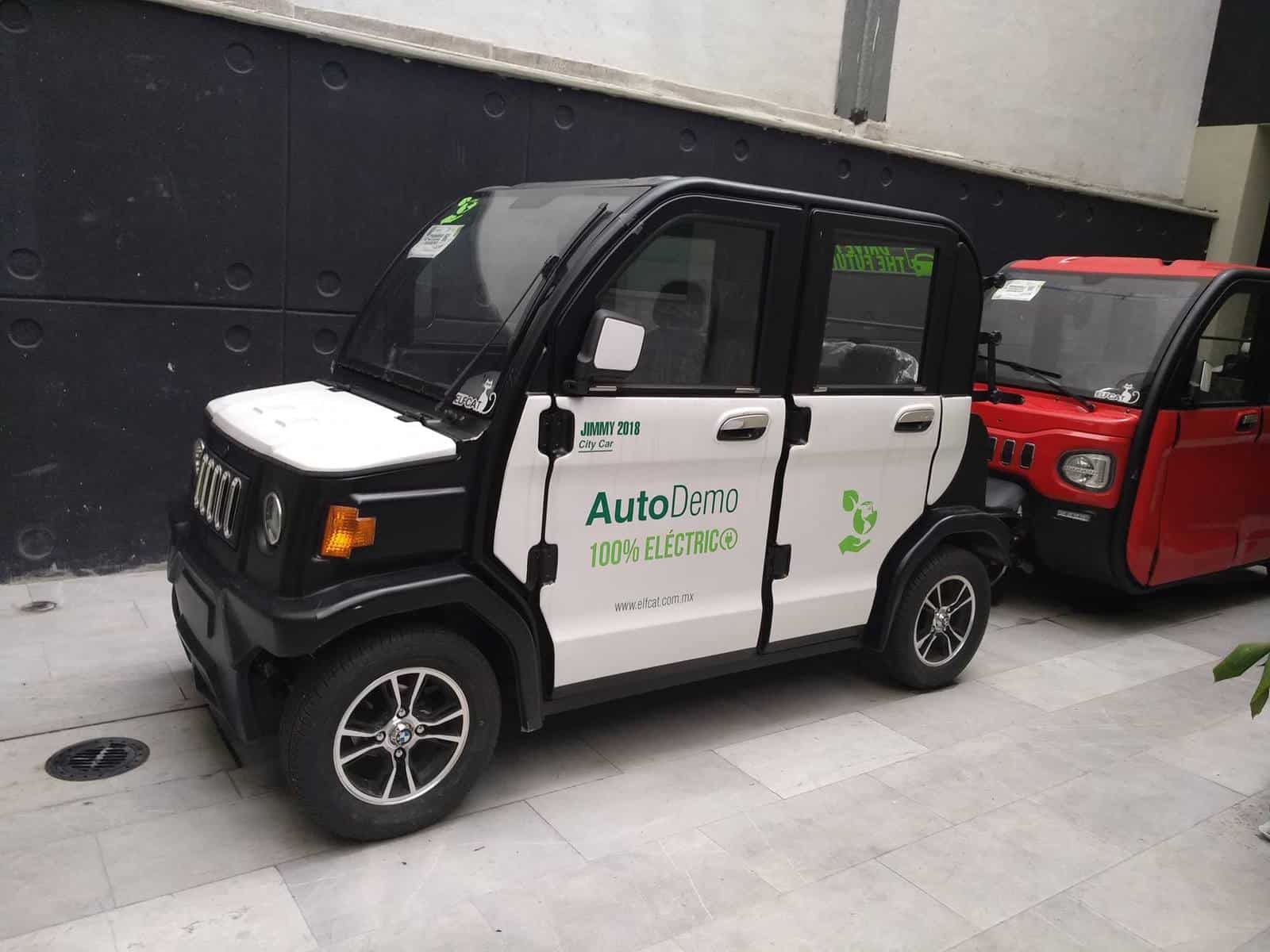
Last, but not least important, Elfi Motors is another great addition to this list. Similar to what Zacua aims to deliver, the brand’s projects are centered around small and environmentally-friendly electric vehicles. Currently, Elfi’s lneup consists of two models – the Jimmy KR and Moto Taxi TA3 – with the latter costing $8,000. The Jimmy KR is a little bit more expensive, but still more affordable than most cars out there, since it’s priced at just $9,500.
Elfi Motors and their urban-styled creations are all about low-maintenance and efficient travels from point A to point B – there is no talk about cruising down the coastline here. Very small, yet able to accommodate two people, these cars will prove to be more than useful. They are practical.

The bad news is that people from the US or Canada can’t buy these vehicles. However, taking a cab in Mexico will give you a taste of what Elfi Motors develops and assembles on its construction line, on a daily basis.
If you’re curiosity has been fueled and you’d like to find out more about Mexican car companies, we also tease you with this – a short list of other automotive companies from Mexico that could re-shape the future of cars.
- Bichitos Garage
- Cimex
- Conversiones y modificaciones Criss
- Customs fiberglass mexico
- Expomobil
- Fibras de vidrio el Primo
- GRW Welding Shop
- Kamaji
- Kiri
- LKC Design (MiniLuxury Cars)
- LM & TH
- LTM Hot Spot
- MBR Mulege Baja Racing
- Mud-Cars
- Muscle car corp
- Pampin Racing Chassis
- Raffago
- Speed Classic
- Teldiux
- VA-K Innovation
- Vühl
Who knows what tomorrow brings? Did you know any of these car brands?

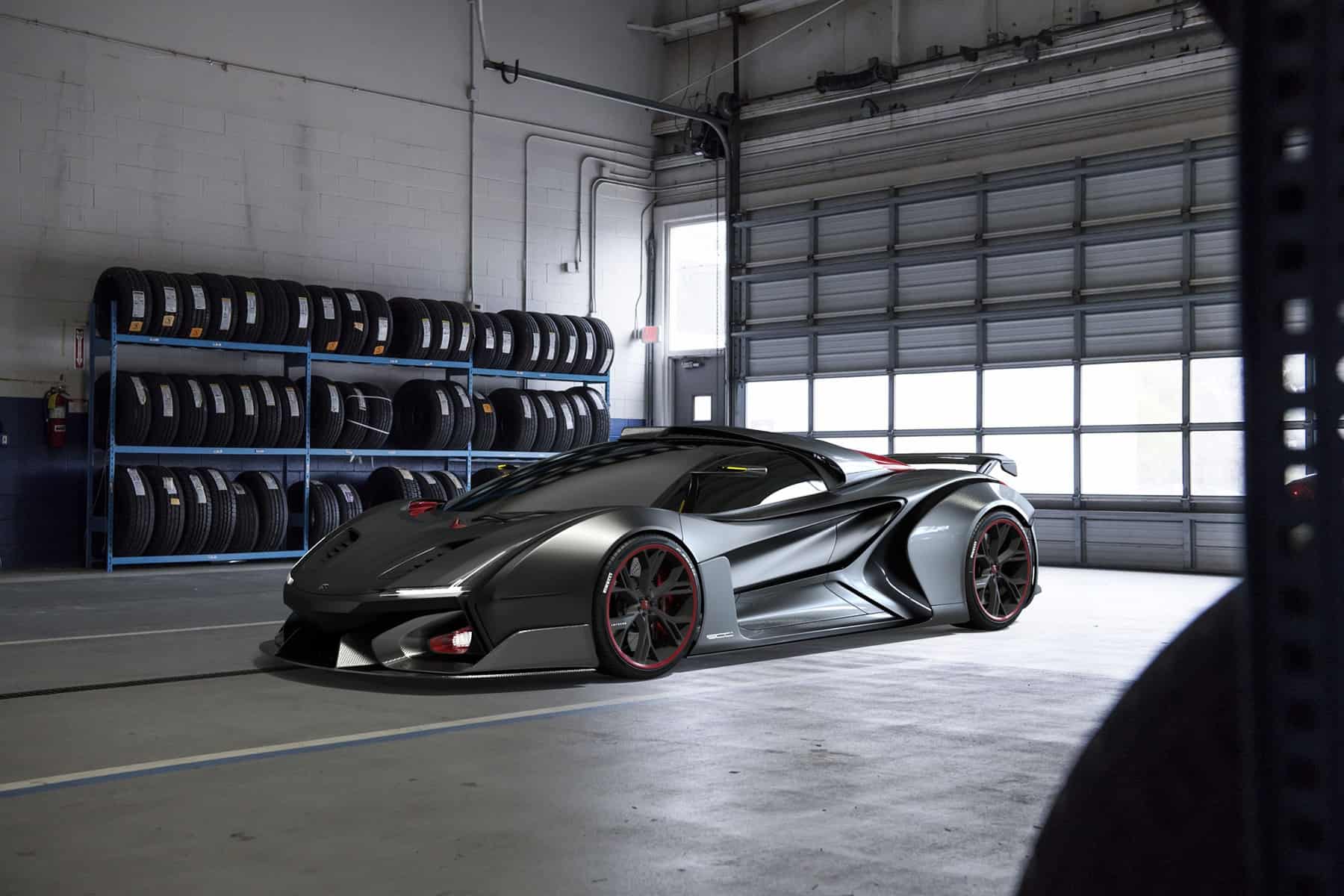

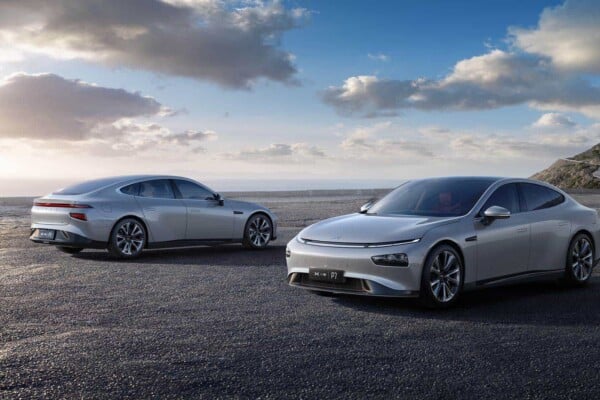
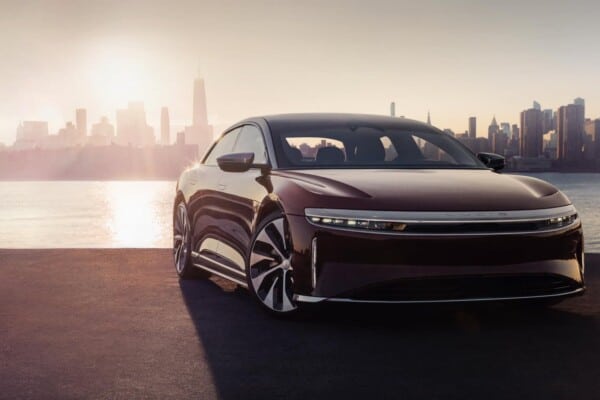
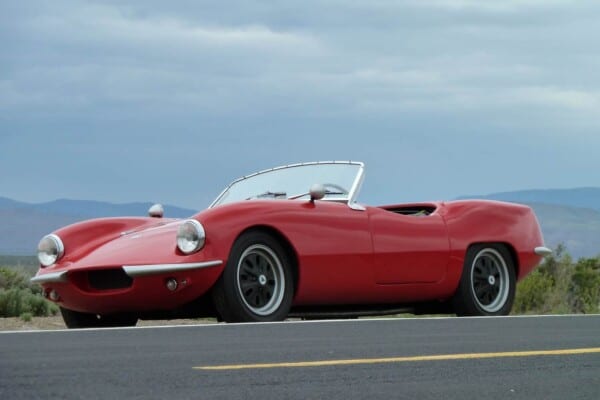
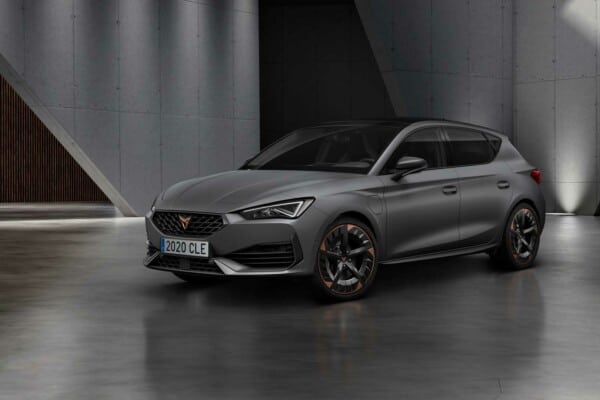
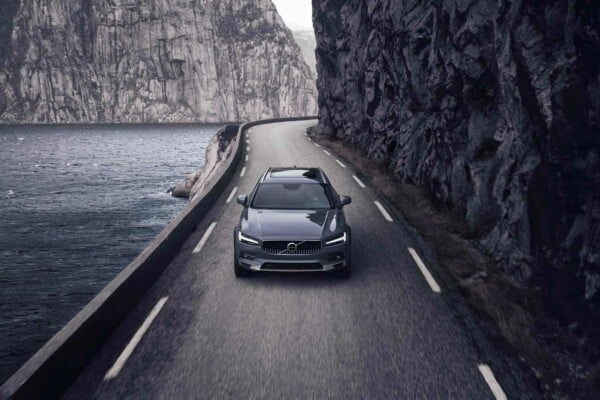
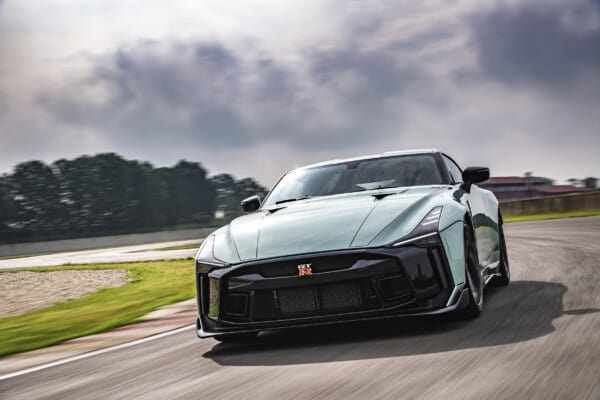
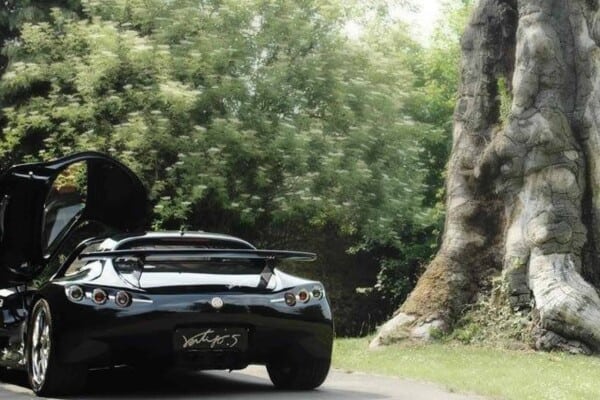
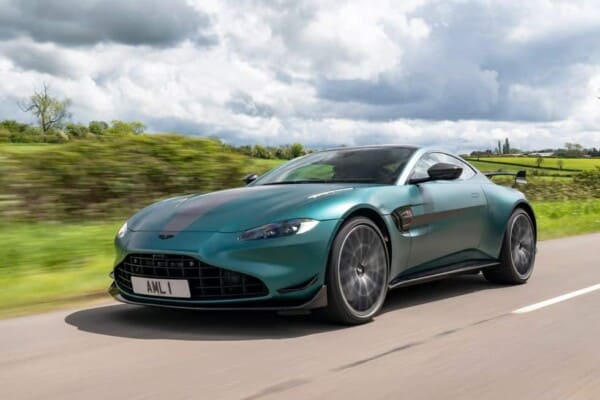
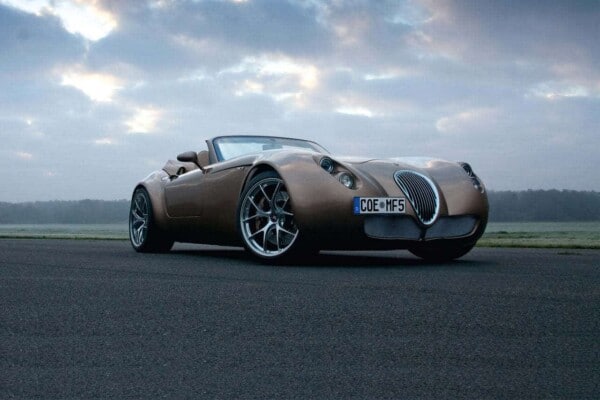
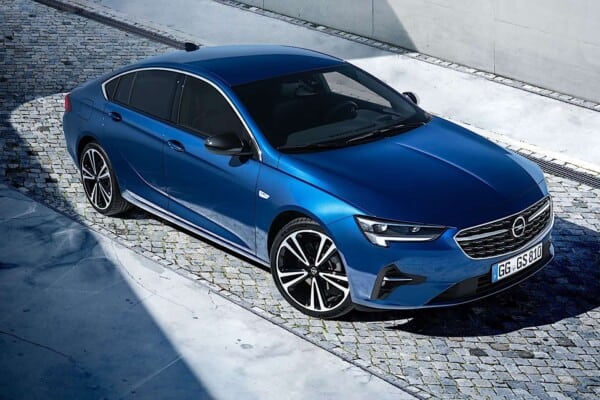
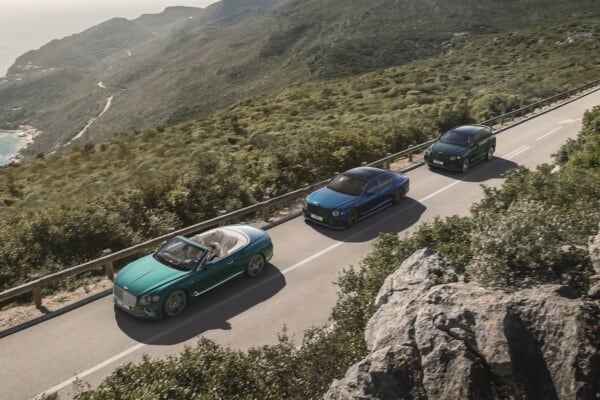
Huh. I was wrong. Mexico does make their own cars. Just hope their as safe as American cars. Safety matters more than anything else.